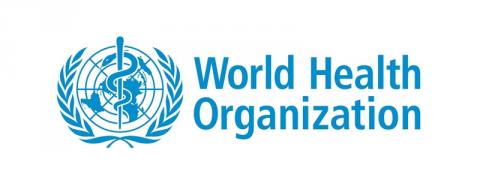
The provision of effective health care to linguistically and culturally diverse migrant populations has been identified as a crucial public health issue. This scoping review examines strategies that have been implemented and evaluated to address communication barriers experienced by refugees and migrants in health care settings across the WHO European Region. Four main types of strategy were identified: cultural mediation, interpretation, translation of health information, and guidance and training for health care providers. These have been used to support access to health care, management of specific diseases and promotion of health across a wide variety of health care settings. Intersectoral collaboration was seen as important in the development and implementation of strategies. Policy considerations include the development of national policies and the promotion of intersectoral dialogue to augment the knowledge base and resolve the common issues identified, such as provision of training and confusion regarding the roles of mediators/interpreters, that affect strategy implementation and evaluation.
For the full report please click here.

